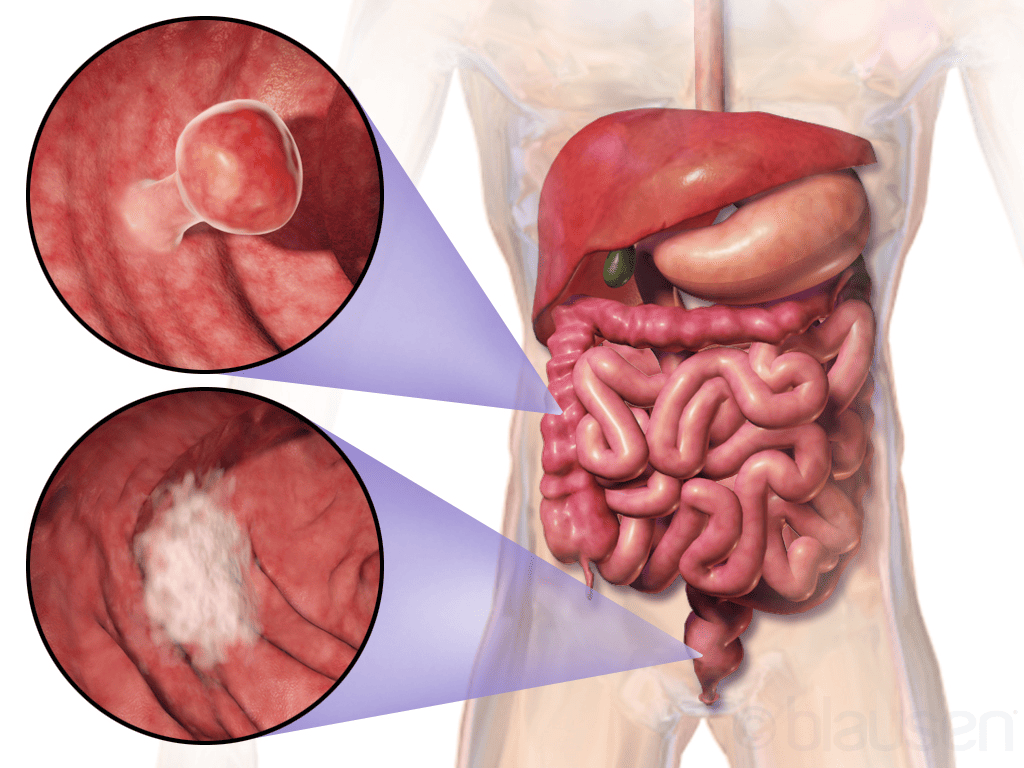
Varicose Veins and the Pregnant Woman: Understanding the Relation, Risk Factors, and Treatment
Posted on: Apr 03, 2020
Introduction: Varicose veins are a common condition characterized by swollen, twisted veins that are visible just beneath the surface of the skin. Pregnancy is a time when many women experience varicose veins due to hormonal changes, increased blood volume, and the pressure exerted by the growing uterus. On This blog Best Surgeon in Kolkata aims to shed light on the relation between varicose veins and pregnancy, identify risk factors, and explore treatment options for pregnant women.
Relation between Varicose Veins and Pregnancy: During pregnancy, hormonal changes cause blood vessel walls to relax and stretch, resulting in reduced vein elasticity. Additionally, the growing uterus puts pressure on the veins in the pelvic area, hindering blood flow from the lower extremities. These factors contribute to the development or worsening of varicose veins during pregnancy.
Risk Factors for Varicose Veins during Pregnancy: Several factors increase the likelihood of developing varicose veins during pregnancy:
- Family History: A genetic predisposition to weak vein valves and walls can make women more susceptible to varicose veins.
- Previous Pregnancies: Each successive pregnancy may increase the risk of varicose veins due to cumulative effects on vein health.
- Prolonged Standing or Sitting: Occupations or activities that involve extended periods of standing or sitting can contribute to the development of varicose veins.
Treatment Options for Pregnant Women: Managing varicose veins during pregnancy focuses on symptom relief and preventing complications. Treatment options include:
- Lifestyle Modifications:
- Avoid prolonged standing or sitting, and take regular breaks to elevate the legs.
- Engage in low-impact exercises like walking or swimming to promote blood circulation.
- Maintain a healthy weight through proper diet and regular exercise.
- Compression Stockings: Wearing graduated compression stockings can provide support to the veins and help improve blood flow. These stockings apply gentle pressure, with the greatest pressure at the ankle and gradually decreasing towards the thigh.
- Leg Elevation: Elevating the legs above the heart level for short periods throughout the day can reduce swelling and alleviate discomfort.
- Consultation with a Vein Specialist: If symptoms persist or worsen, consulting a vein specialist is recommended. They may suggest conservative treatments or, in rare cases, consider minimally invasive procedures that are safe during pregnancy.
Conclusion: Varicose veins are a common occurrence during pregnancy due to hormonal changes and increased pressure on the veins. While they often resolve on their own after childbirth, managing symptoms is crucial for the well-being of pregnant women. By practicing lifestyle modifications, wearing compression stockings, and seeking guidance from vein specialists when necessary, pregnant women can find relief from varicose vein symptoms and ensure a healthier, more comfortable pregnancy experience.



1. Sabbir Mohammah
This is a nice website. I want to learn new things each day from this website.